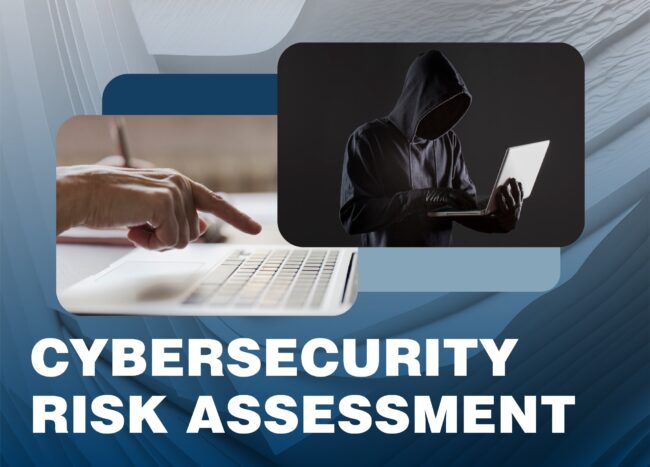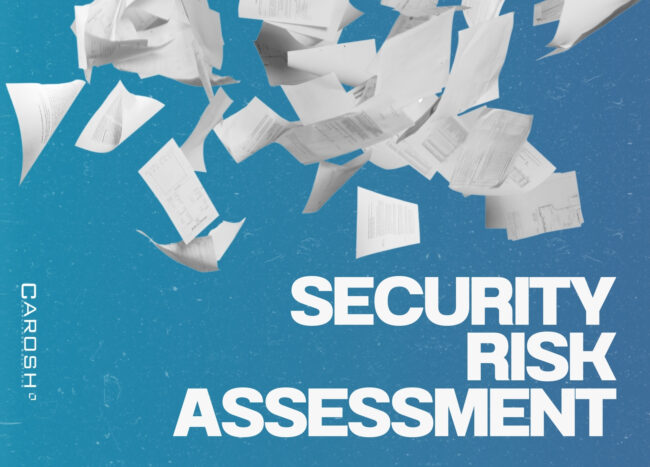Cybersecurity Risk Assessment in HIPAA Compliance
In the rapidly evolving digital landscape, the security of electronic Protected Health Information (ePHI) has emerged as a paramount concern for healthcare organizations. Adhering to the Health Insurance Portability and Accountability Act (HIPAA) necessitates a robust cybersecurity risk assessment process. This evaluation not only aligns with regulatory requirements but also serves as the cornerstone for safeguarding patient data against the myriads of cyber threats. Through a detailed exploration of the objectives, key components, and procedural steps involved, this guide underscores the importance of cybersecurity risk assessments in maintaining HIPAA compliance and ensuring the integrity of healthcare data.




